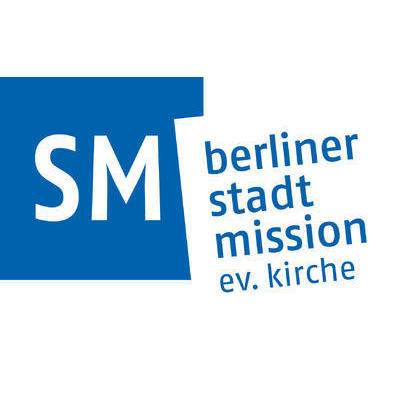From talking to doing!
My Workshops are designed to merge perspectives. In order to innovate, many viewpoints are needed: from operator to innovator, from software to hardware, from logistics to finance. This is interdisciplinary! And the good thing is, Design Thinking always leads to a result, moving participants from talking to doing mode. Here’s a look at some of my favorite workshops.
Design Thinking Process
Integration of AI in Windpower and Batteries
Format: Requirements Workshop
"Collaboratively aligning on requirements for a clear project roadmap"

(source: "night, windmills, wind power" by anglas via https://www.goodfon.com/landscapes/wallpaper-wind-power-vetriaki-noch.html, licensed under CC BY 4.0)

(source: “Relearning to Learn” via alltechmagazine.com/relearning-to-learn-using-ai-for-lifelong-education/, licensed under CC BY 4.0.)
Challenge
Integrating AI into wind power and battery management requires aligning operators, data experts, and insurance stakeholders. Each group has different priorities, workflows, and technical knowledge. The challenge was to create a shared vision and establish clear project requirements from the start.
Solution
We designed a Requirements Workshop to bring all stakeholders together and build a common understanding. Using scenario-based discussions and roleplay, we explored key interactions and critical decision points. This structured approach helped clarify workflows, ensure stakeholder alignment, and define an AI-driven monitoring interface that serves all needs. By the end of the session, we had a comprehensive roadmap with well-defined next steps, setting the project up for success.
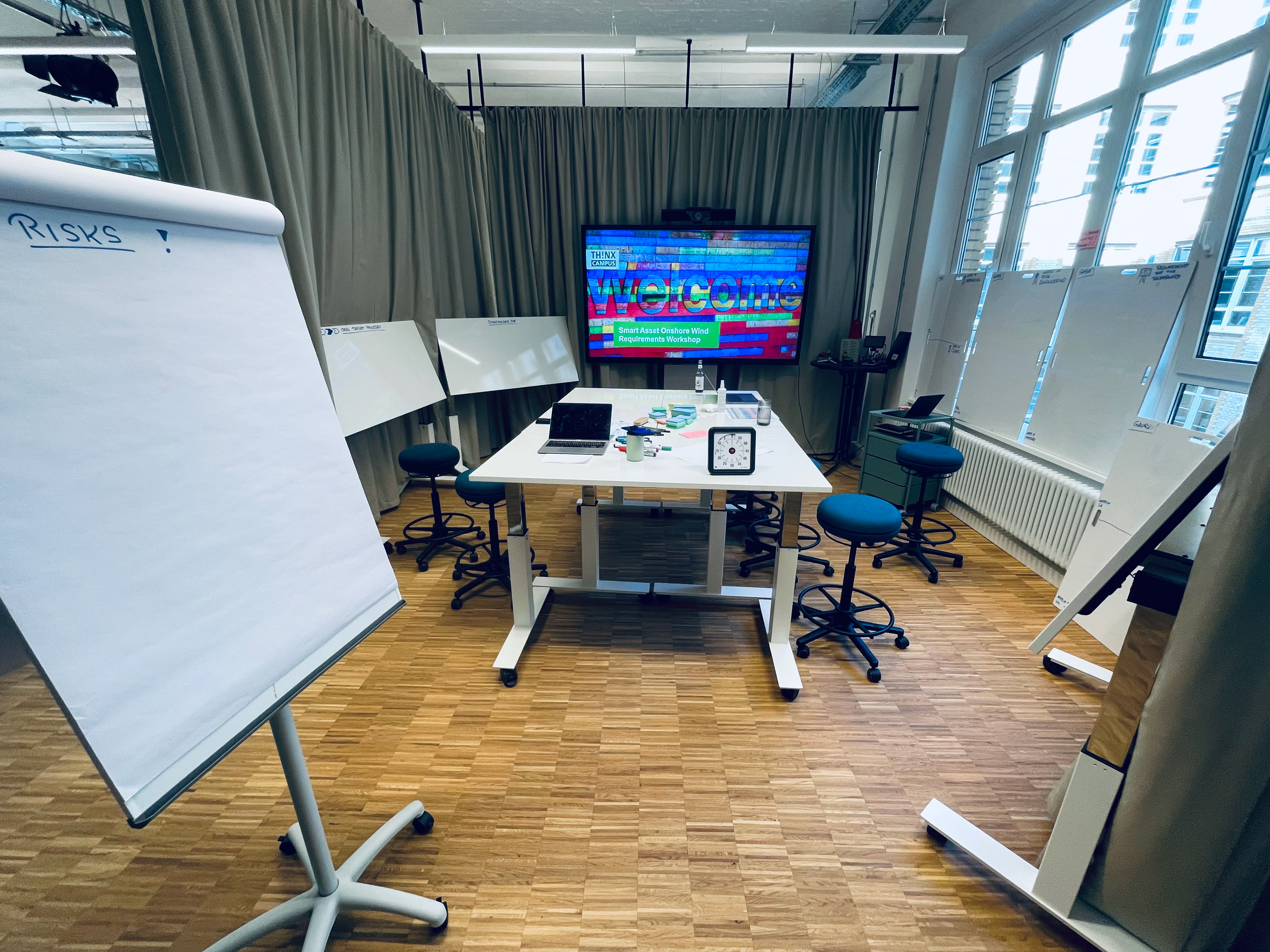
Smart Asset Onshore Wind Requirements Workshop at HDI TH!NX IIoT Campus, 2024
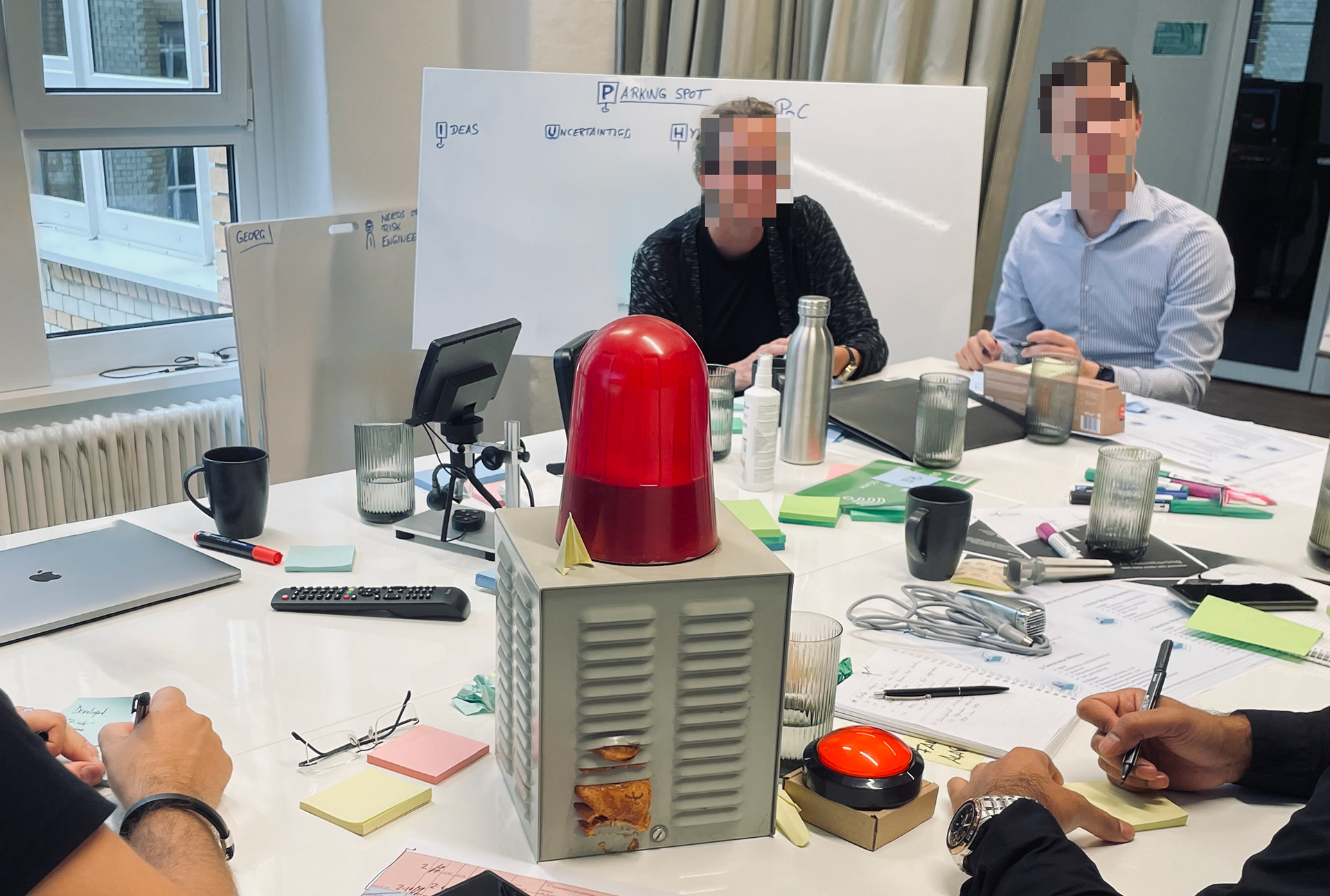
Workshop objects at HDI TH!NX IIoT Campus, 2024


"Amidst heated debates and diverse viewpoints, a remarkable atmosphere of the will to achieve something together emerged. This workshop vividly demonstrated how different perspectives can lead to innovative and sustainable solutions." (Nino G., HDI)
Risk Management in Energy Storage Systems
Format: Business Innovation Workshop
"Aligning stakeholders to unlock IIoT-driven value propositions"

Business Innovation Workshop (source: adobe stock)

Battery Energy Storage System (BESS) for Solar and Wind, where Lifespan is a major challenge (generated with DALL-E)
Challenge
TESVOLT, a global leader in the production of battery energy storage systems (BESS), wanted to evaluate value-added services for its customers at the interface of IoT and risk management. HDI TH!NX was involved to help speed up the discovery process and create a multi-stakeholder view of business opportunities.
Solution
We designed a workshop to discuss and align various perspectives from strategy to product at TESVOLT as well as the risk consulting and underwriting expertise of HDI, resulting in:
- Common understanding of each party's drivers, challenges and vision,
- Discovery of 2 potential IoT based value propositions incorporating an innovative insurance offering,
- Arrangement of a connection to a strategic partner within our network.
- Common understanding of each party's drivers, challenges and vision,
- Discovery of 2 potential IoT based value propositions incorporating an innovative insurance offering,
- Arrangement of a connection to a strategic partner within our network.

“I appreciate the chance to attend the workshop with an interdisciplinary team and was impressed by the collaborative environment. The diverse perspectives and robust methodology we used helped us to explore use cases effectively, highlighting the value of such collaboration in risk management“.
Timo L., Senior Risk Engineer, HDI Risk Consulting
Timo L., Senior Risk Engineer, HDI Risk Consulting
Digital Health Accelerator Program
Format: UX research, Startup consultancy, project management
"Empowering MedTech innovation through Design Thinking"

User Research on patients with muscular dystrophy (MD) (source: adobe stock)

Developing SuMus, a virtual physiotherapist to provide feedback and guidance (source: SuMus via https://dha.bihealth.org/project/sumus/)
Challenge
For the BHI Accelerator program at Charité Berlin, Mermaid Studios aimed to support teams in refining their healthcare innovations through UX Research. One specific project focused on patients with muscular dystrophy (MD) and their ecosystem, including physiotherapists, researchers, and potential users of measurement data. The challenge was to identify their precise needs and translate them into a viable product concept by providing expert guidance in user research.
Solution
As a UX Research lead, I worked with three design thinkers to coach four teams, conducting targeted interviews and designing tailored guidelines. Our research showed that patients needed real-time feedback for security during exercises, while therapists required data-driven tools to track progress, and scientists needed a device to validate treatment efficacy.
From these insights, we co-developed SuMus, a virtual physiotherapist tool. The smartwatch app tracks arm movements to monitor fatigue and adjust training accordingly. SuMus enhances patient security, supports therapists in decision-making, and provides valuable research data for emerging gene therapies like CRISPR.

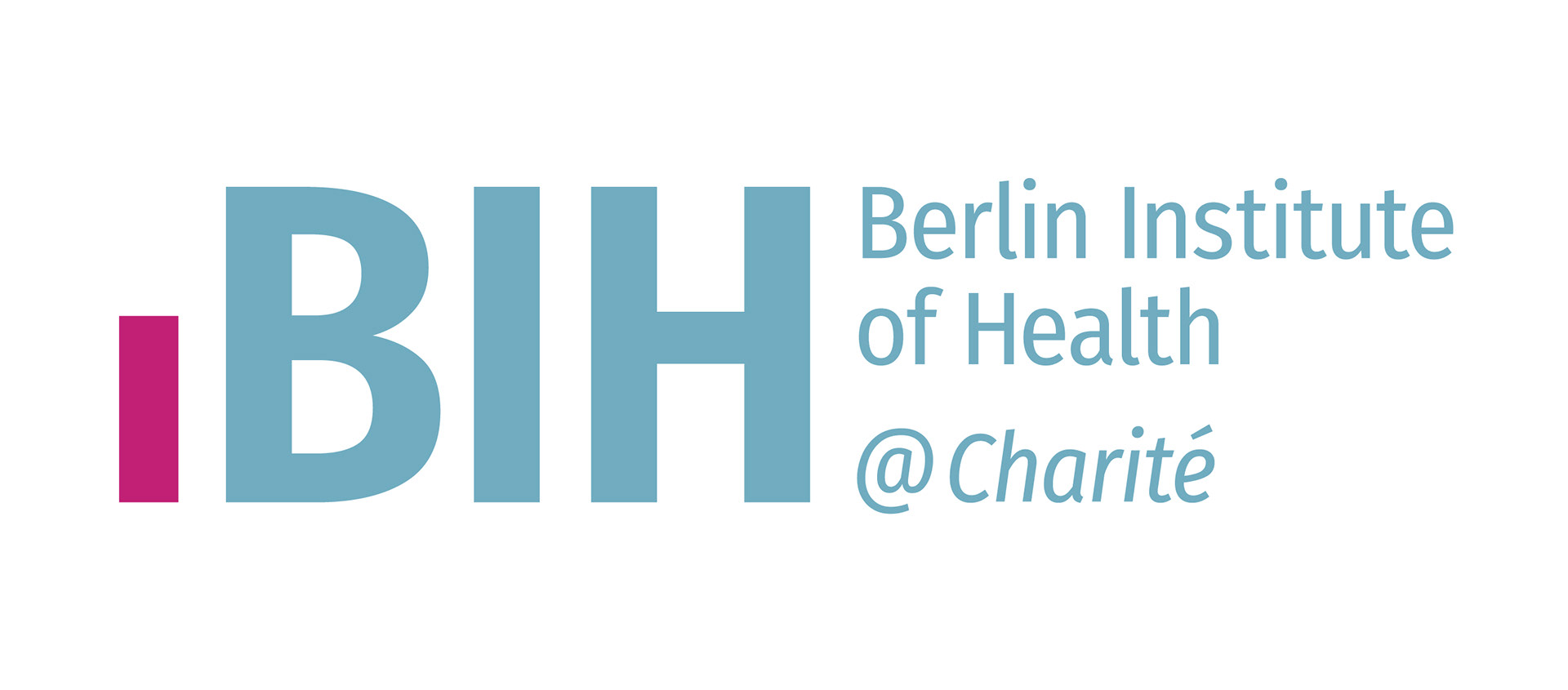
Green Innovation Pitch
Format: Competition
"Engaging 5.000 engineers to create sustainable impact from their own ideas"

Solution Presentation at Green Innovation Pitch (source: adobe stock)
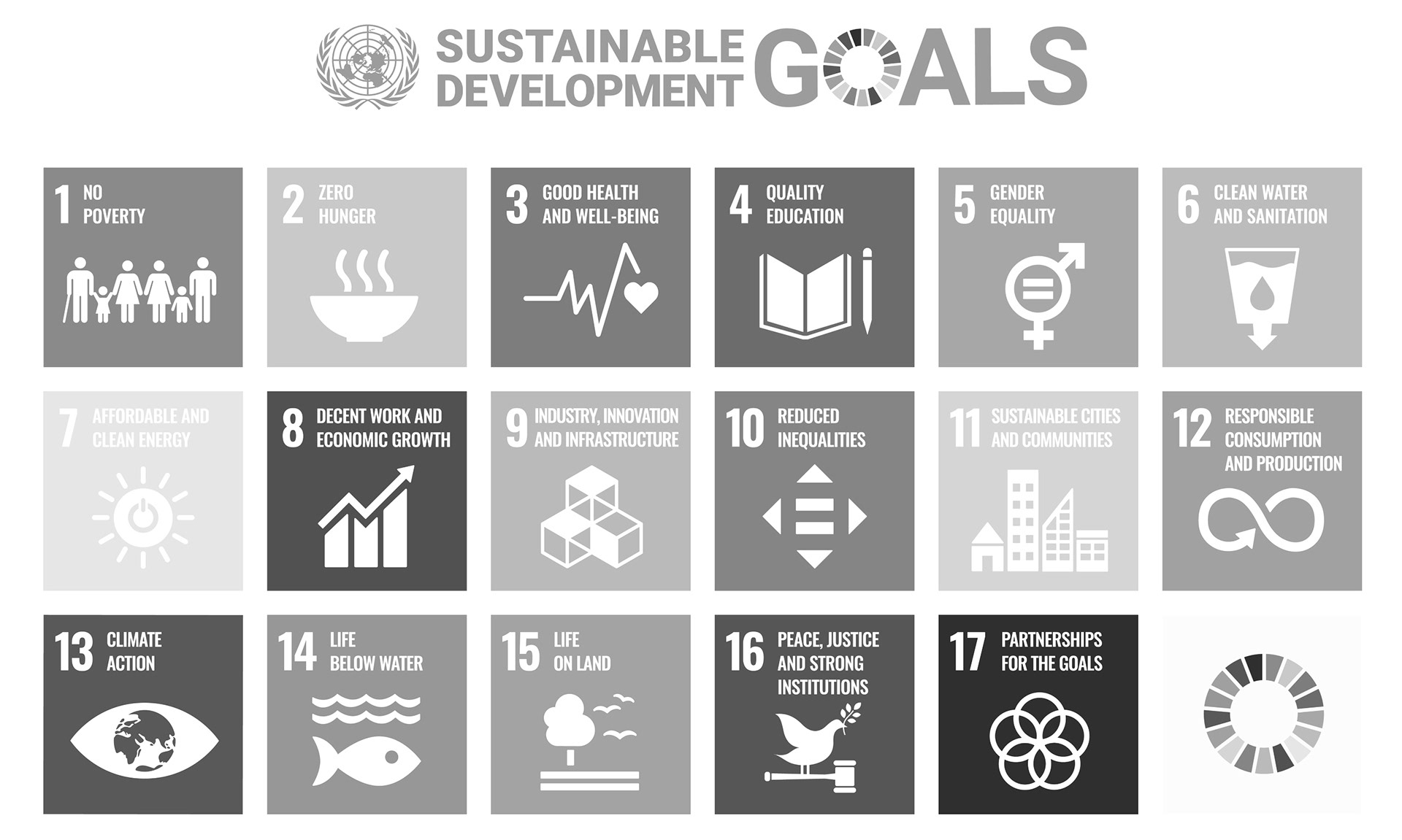
The Solutions had to tackle the Sustainable Development Goals (source: Wikipedia)
Challenge
To drive sustainability innovation within Accenture's Industry X (former umlaut), the goal was to create an engaging format that empowered employees to contribute actionable ideas. With 5.000 engineers, the challenge was to structure a competition that encouraged participation, surfaced impactful solutions, and aligned with the company’s sustainability strategy.
Solution
Together with the sustainability department, I designed and facilitated the "Green Innovation Pitch", an internal contest for driving sustainable improvements within the workplace. The competition provided a structured platform for employees to submit and refine their sustainability ideas. Beyond quick fixes, three standout projects were selected for further coaching and financial support, ensuring real impact. This initiative drove meaningful contributions to Accenture’s sustainability goals.

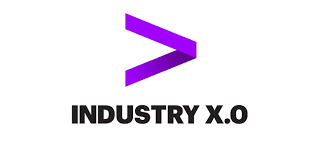
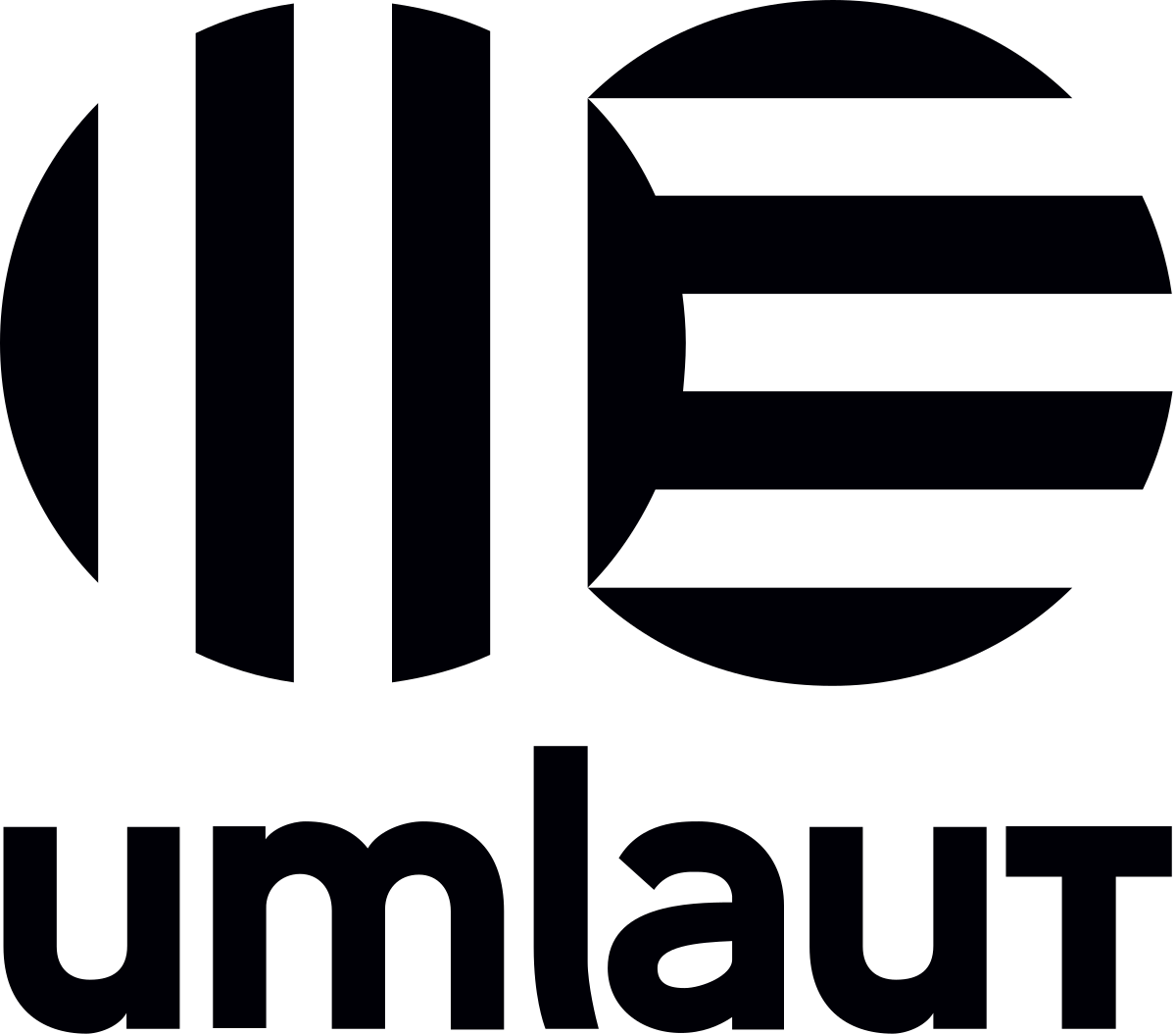
Sustainable Neighborhoods for Homeless Integration
Format: Design Thinking, startup formation
"Designing Scalable Housing Solutions for Social Impact"

More than 10.000 homeless people in Berlin (2024) (source: "Homeless by a Wall" by Gerry Knight via https://www.flickr.com/photos/garryknight/12459375745, licensed under CC BY 4.0)
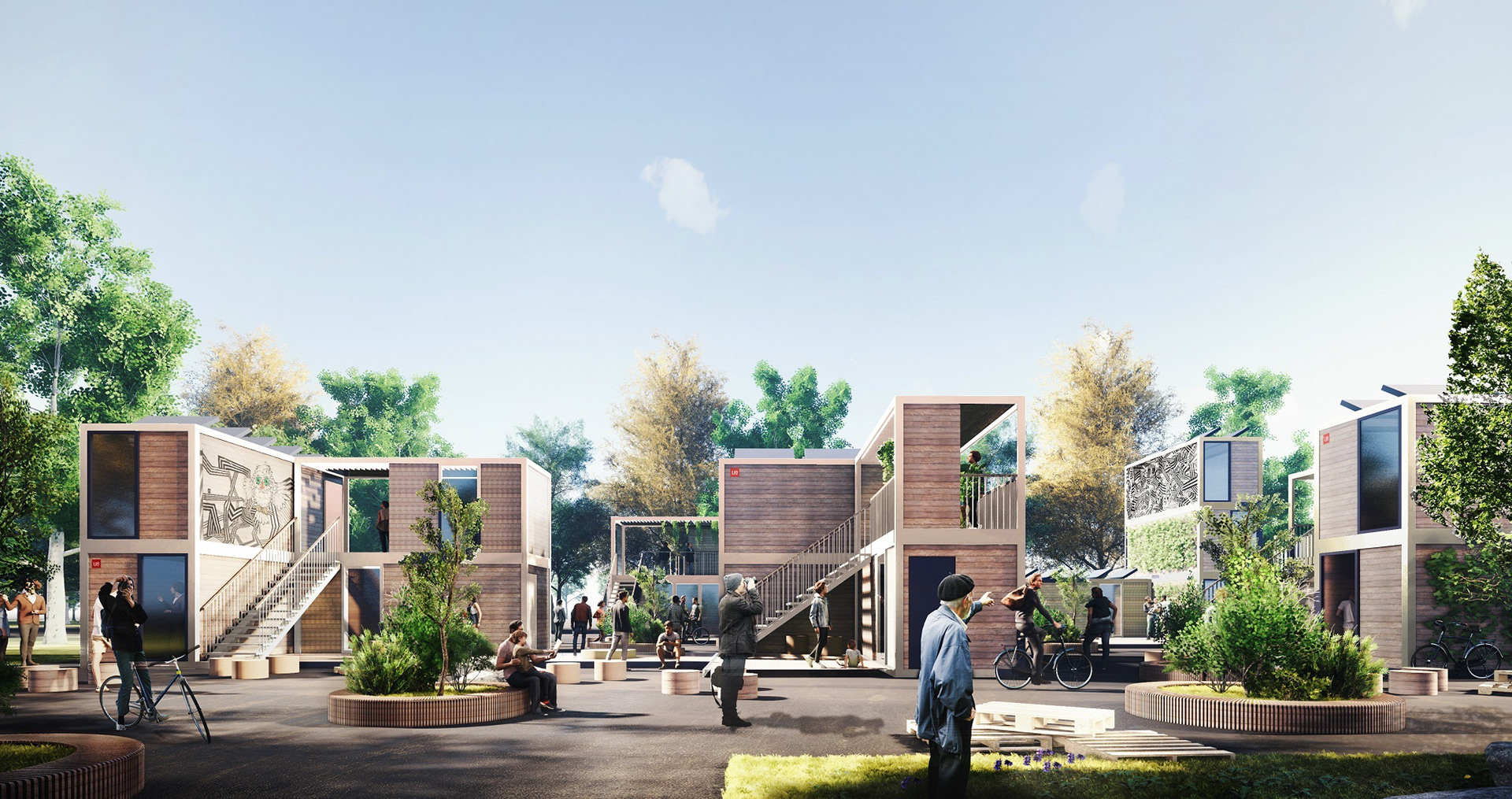
BetaHood: A neighbourhood to integrate homeless people with sustainable architecture (source: BetaPort via https://www.baunetz-architekten.de/beta-realities/8052564/projekt/8091134)
Challenge
Urban Beta (now BetaHoods) aimed to pioneer sustainable, mobile housing solutions that foster inclusive urban communities and support the reintegration of homeless individuals through concepts like Housing First. The challenge was to help the startup shape its early vision, structure its approach, and align key stakeholders to create a viable, scalable solution.
Solution
In collaboration with Berliner Stadtmission, we co-designed a neighborhood of modular living spaces based on sustainable cradle-to-cradle principles. These mobile units provide temporary housing for homeless individuals, fostering an inclusive community that promotes long-term reintegration. To strengthen the startup’s foundation, I empowered the architects through Design Thinking Workshops, internal structures and project management.

